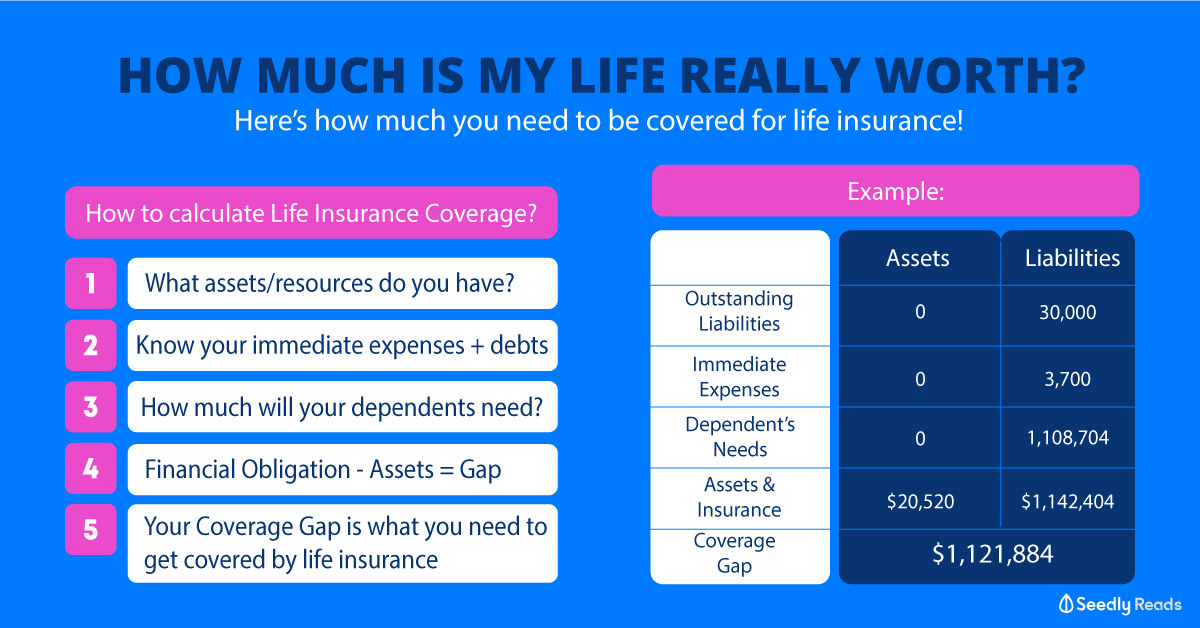Advertisement
Anonymous
I expect myself to work till 65. should i cover myself for CI and term till 65 or 85? i was told 85 is because its our life expectancy. which one make more economical sense?
2
Discussion (2)
What are your thoughts?
Learn how to style your text
Elijah Lee
20 Aug 2022
Senior Financial Services Manager at Phillip Securities (Jurong East)
Reply
Save
CI & term life is primarily used for income replacement, where in the event some things happened which render you unable to work, you have the insurance to protect you and tie you over. Since you plan to retire by 65, you should have pay for protection till 65. After which, your retirement plan kicks in to support you. If you have CI after 65, your hospitalisation/integrated shield plan should be the one to help you tie through.
Reply
Save
Write your thoughts
Related Articles
Related Posts
Related Posts
Advertisement








Hi anon,
It's actually not about life expectancy. What happens if you have CI coverage till 85 but you have a stroke at age 86?
The purpose of CI coverage is twofold. The first purpose (and the one that you read about most often) is that of income replacement; if we are very ill, it is unlikely that we can work. Or, if we are diagnosed with the early stages of CI, we might want the option to take some time off (i.e. no pay leave) to focus on making a full recovery.
During this period, we will definitely experience a loss in income. However, what is probably more realistic is the fact that we will need to ensure that our expenses are met.
The second purpose, and the one that many people forget about, is alternative treatment costs. This is a very broad term but it does cover costs relating to (non exhaustive)
If shield plans were to cover all of that, the premiums would be through the room.
It's quite clear that such costs are risks that are present regardless of whether you are working, or you are retired.
On the topic of economic sense, just note that you have to look at the numbers for your case, so it's hard to comment for your specific situation. However, in general, if you want CI cover past 70, term is not so cost efficient.
For death coverage, you really only need it as long as you are having liabilities or dependents. Till age 65/70 is typically good enough.